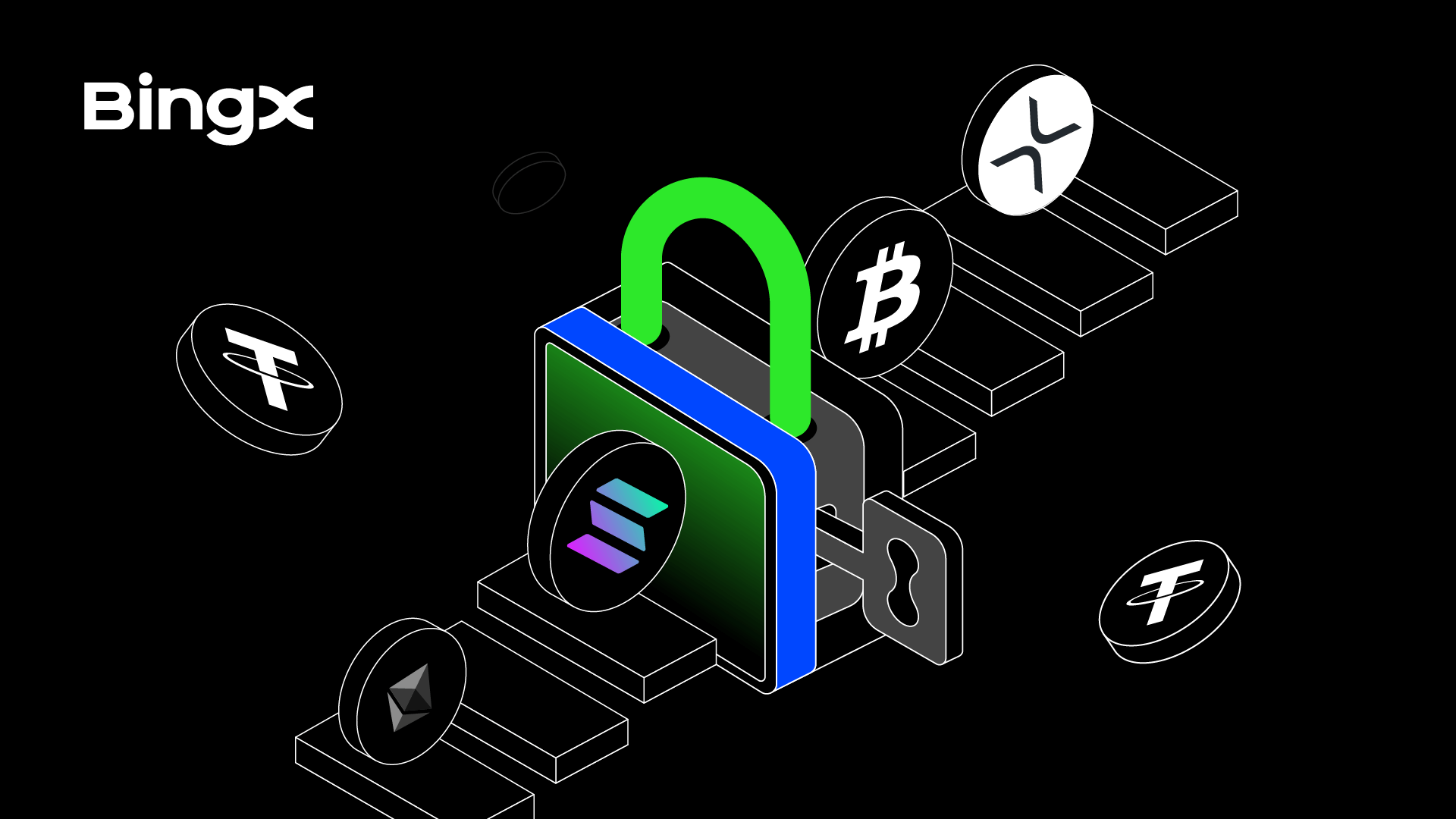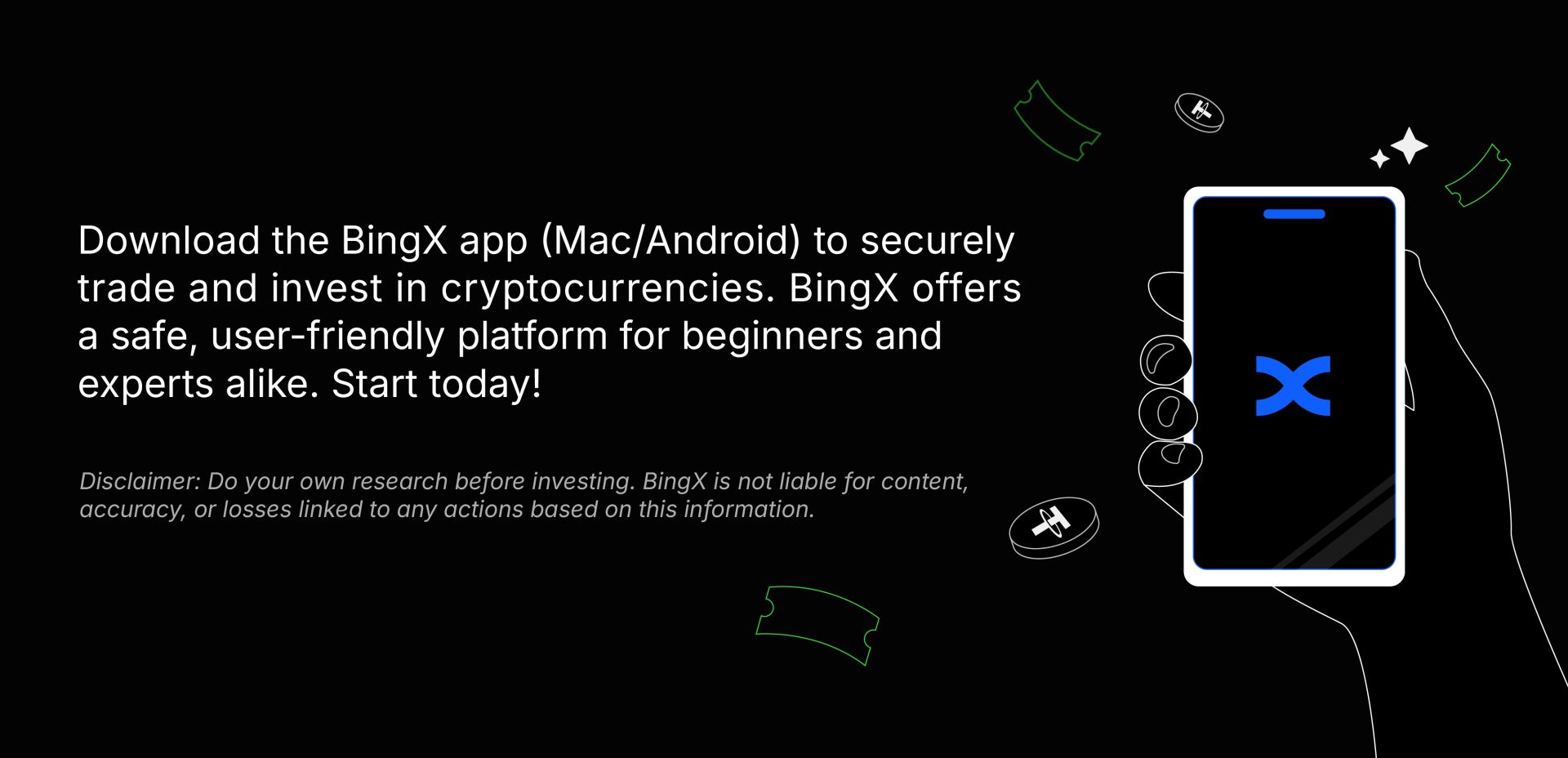
The United Arab Emirates (UAE) has long been recognized as a global hub for trade, finance, and innovation. The crypto industry in the UAE is evolving, and recent expert predictions suggest that the blockchain and crypto industry could surge to become the nation’s second-largest economic sector, trailing only behind energy within the next five years. These predictions underscore the UAE’s strategic pivot toward digital assets as a cornerstone of economic diversification, moving beyond its oil-dependent roots.
Adoption Accelerating Growth
Beyond regulations, the UAE is witnessing tangible crypto integration into everyday sectors. For instance, major airlines like Emirates and Air Arabia have begun accepting cryptocurrencies such as Bitcoin (BTC), Ethereum (ETH), XRP, and Solana (SOL) for flight bookings, signaling a shift toward stablecoin and digital asset use in travel. This development boosts transaction efficiency in a tourism-driven economy.
Alongside mainstream adoption, the UAE is also seeing conversations around how digital assets could align with Islamic finance. Experts in the region have been discussing possibilities such as blockchain-backed sukuk(Islamic bonds), gold-backed tokens, and halal fractional real estate platforms. These initiatives aim to explore whether crypto can meet the criteria of Sharia-compliance, reflecting both cultural and financial preferences.
Expert Predictions
Experts in the DeFi and Blockchain space are bullish on the UAE’s trajectory, forecasting that crypto could contribute double-digit percentages to the GDP within five years. This prediction is grounded in the UAE’s pro-business environment, which includes tax incentives, advanced infrastructure, and a commitment to attracting global talent. As oil’s dominance wanes in the face of sustainable energy transitions, crypto emerges as a high-growth alternative, potentially overtaking traditional sectors like real estate or finance.
Analysts point to strategic alliances and multi-jurisdictional frameworks as key enablers, allowing for rapid scaling of blockchain applications. With institutional adoption on the rise, evidenced by billions in digital asset volumes, the UAE is poised to lead in areas like tokenized assets and decentralized finance (DeFi), creating jobs and driving innovation. If current growth rates continue, the crypto sector could surpass tourism, logistics, and even segments of financial services within five years, becoming the UAE’s second-largest economic sector.
This shift has ripple effects beyond the UAE, positioning the Middle East as a competitive player in the global crypto arena. Neighboring countries like Bahrain and Saudi Arabia are already following suit with their stablecoin regulations and digital payment surges, potentially creating a regional blockchain powerhouse.
The UAE’s “full-crypto-mode” is more than hype; it’s a calculated strategy for long-term prosperity. By 2030, we could see blockchain not just as a niche but as a foundational element of the economy, rivaling energy in scale and impact.
Related Reading
- What Is a Solana Staking ETF and How Does It Work?
- Spot XRP ETFs to Launch on November 13: What Is a Spot XRP ETF?
- SEC Greenlights In‑Kind Redemptions for Bitcoin & Ethereum ETFs: What It Means for Investors
- What Is an Ethereum Staking ETF and How Does It Work?
- What Are the Top Spot Ethereum ETFs to Buy in 2025?
